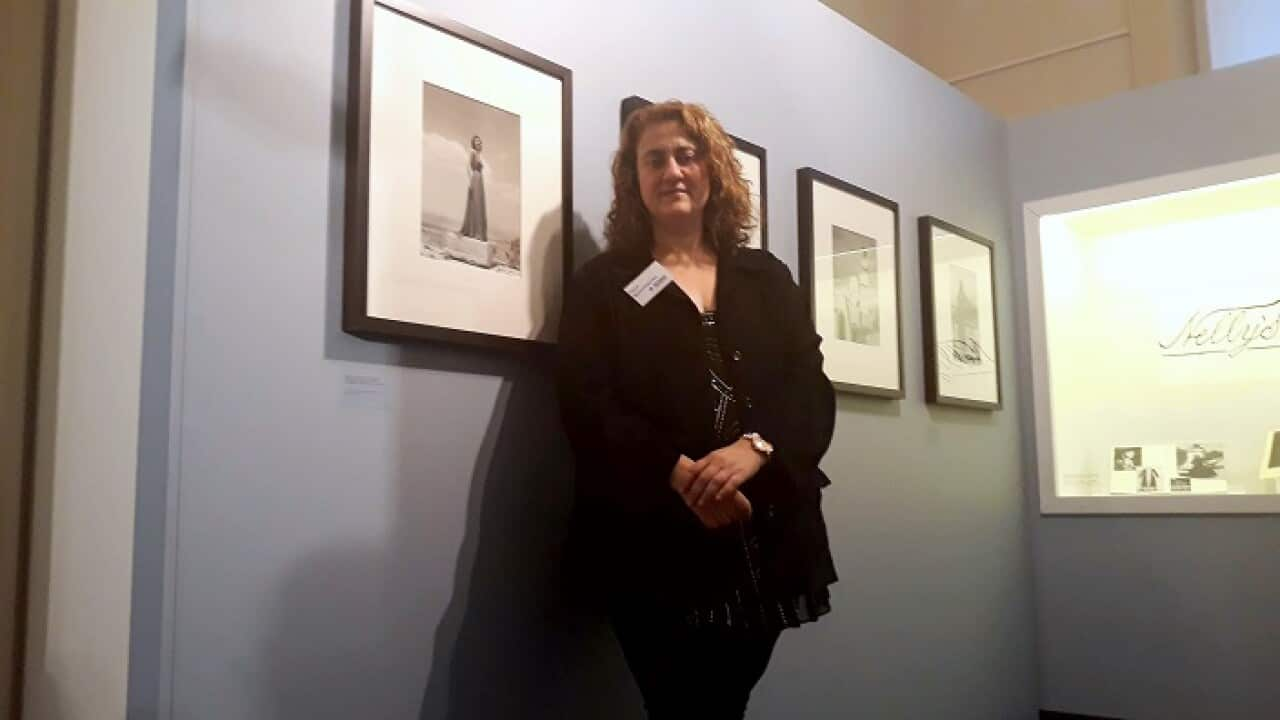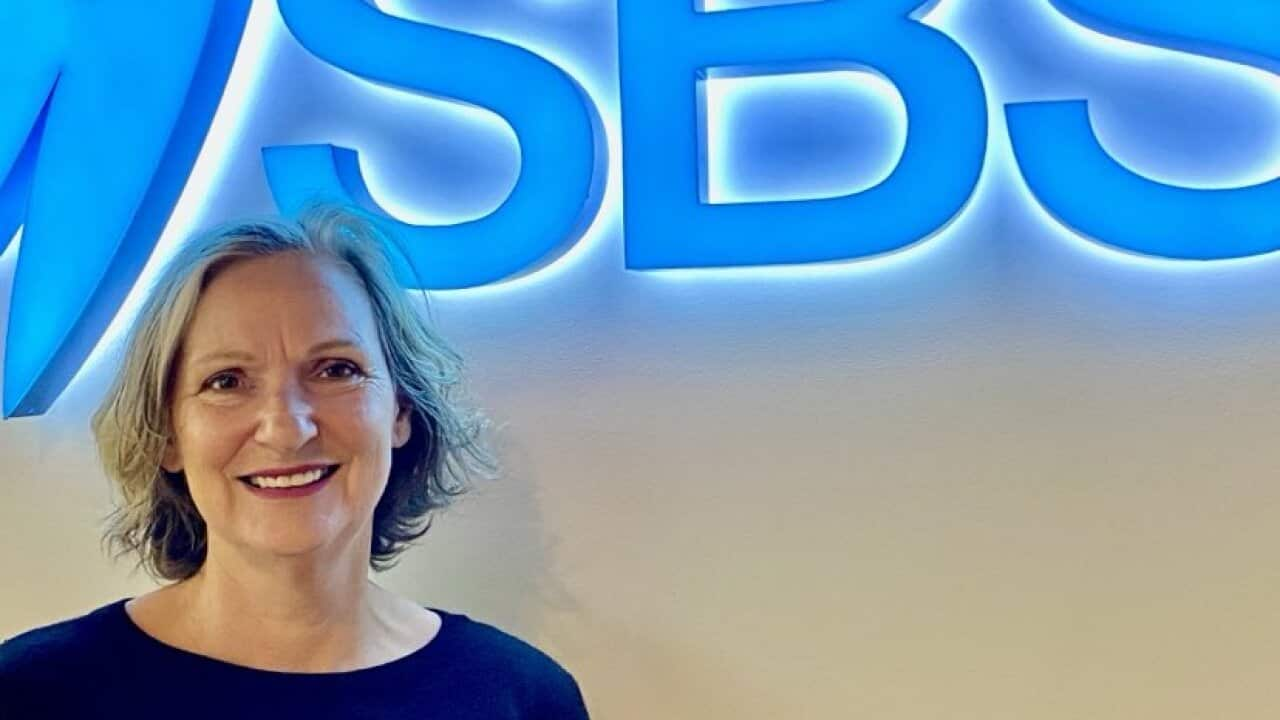Melbourne-based professor Velakoulis believes that the younger onset dementia, although it is rare, it makes up to 10% of all cases of dementia. During a recent public lecture entitled “Young Onset Dementia – a shared journey into the unknown” as part of the educational series presented by the Royal Melbourne Hospital (RMH) Foundation.
Professor Velakoulis referred to the importance and the impact of clinical research at the RMH which aims to improve the lives of patients and their families in the hope of one day finding a cure for this life-changing condition.
Velakoulis, a consultant neuropsychiatrist and director of the Neuropsychiatry Unit at the RMH, told SBS Greek that most dementias are caused by a build-up of abnormal proteins. The brain cells are like factories always making and breaking down proteins. "It's not a common problem but it's big enough for the people who have it. It's actually a huge problem for people and their families who have it," Velakoulis says.

Professor Dennis Velakoulis Source: SBS Greek
Dementia at the age of sixteen
Velakoulis's unit at The Royal Melbourne Hospital has been seen young people with dementia for many years. "We looked to all the data and the average age of an onset dementia case is fifty-one-year-old. Dementia can affect people as young as teenagers. The youngest patient we have seen was sixteen-year-old."
"This young woman, unfortunately, had a family history of Creutzfeldt-Jakob disease. It is one of a group of rare diseases that affects humans and animals and is characterized by physical deterioration of the brain, which commonly causes dementia and walking difficulties. Her mother was diagnosed with psychiatrist illness at the beginning and it took three to four months to be diagnosed with the syndrome."

Professor Dennis Velakoulis Source: SBS Greek
Worrying numbers
Approximately 6000 to 8000 people in Victoria are affected with young onset dementia, with only a fraction of these receiving specialized care. Professor Velakoulis says that there is this typical statement from patients: “It was hard to convince the doctors that anything was wrong, due to their age”.
There are many areas of younger onset dementia are different from the ones diagnosed when the patients are in their 70s. "There is a delay in the diagnosis and when that happens to cause a huge impact on the patient, their families, and their professional careers. Also, there are genetic implications because a lot of these genetic disorders will run into families. Also, the relative lack of social support."
It's hard for younger onset dementia to be diagnosed because people don't go to the doctor and attribute their problems to distress or depression. "GPs will see a lot of young people who feel their memories are not that good and in most cases, they don't have dementia. So it's about going seeing a GP who's aware of this problem and is aware where the patient should be referred to."
The average number of specialists seen preceding referral to Velakoulis's neuropsychiatry Unity is five. These patients wait on average of three years to receive a diagnosis. "Dementia in older people is much common; our services are largely geared up for those older people not for the younger ones," Velakoulis told SBS Greek.

Debbie Argyropoulos (R), Professor Dennis Velakoulis, and Jodie and her partner who spoke of their lived experience with young onset dementia Source: SBS Greek
Cracks in the system
Velakoulis states that governments have to allocate the health resources. "There are many conditions that are very common, they are rare conditions. At least if there was some acknowledgment, something can be done. Even if it's a small sort of service that is dedicated to this group of people because we actually don't have a dedicated service in Victoria."
Due to the limited research opportunities, it's an important development that professor Velakoulis unit has started to see people only because there's no one else to see them. "Younger onset dementia is not the same as dementia in older people. Many of these cases have other problems associated with a medical or neurological status that it needs a very specific expertise to understand it."
"There are rare disorders that can affect children and adolescence and the younger the onset the more likely is it to be diagnosed as a psychiatric condition. So it is crucial for our doctor to be aware that there is this small chance one of these patients, especially when their outcomes is a bit unusual, to might have the early features of dementia."

From Professor Dennis Velakoulis's lecture on Young Onset Dementia at the Royal Melbourne Hospital Source: SBS Greek
Press Play on the article's main photo to listen to the podcast (in English)






